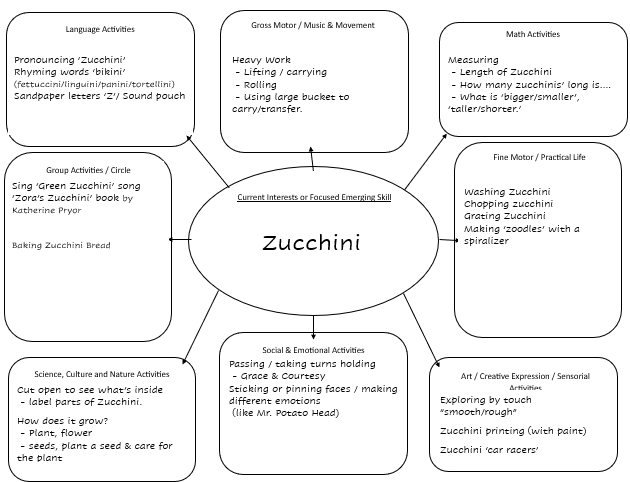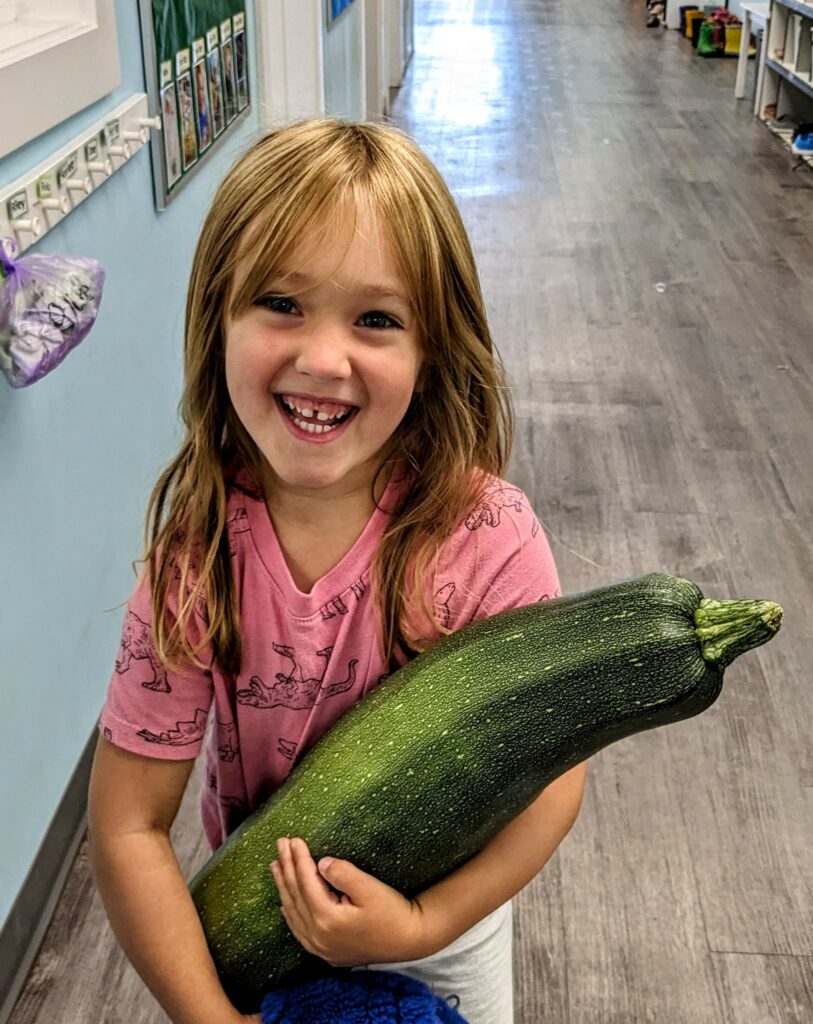In week 3 of class Jeff Hopkins gave a talk on the Inquiry Process. (Week 3: Inquiry Process, & SIFT Methodology – EDCI 136 – Digital Literacy). A discussion on the connections between an inquiry process, research papers and bottom up learning highlighted the potential for an inquiry process to develop student agency with their learning. Most educational systems work within a confined learning structure where the teacher/instructor is positioned as an expert and has knowledge on a subject they will impart to students, this is described as top down learning. Within top down learning there is little room for a student to have agency on what and how they learn. Learning through an inquiry process can both support a student’s autonomy and agency as there is freedom to make their own choices and the potential to take action and influence outcomes based on these choices.
I have a background in Early Childhood Education (ECE) and have spent 20 years planning and supporting young children’s learning within daycare centers. For children 0-5 years old there is no formal curriculum in BC that daycare teachers must follow. There are however different learning philosophies that daycares follow to guide their programs. The Reggio Emilia philosophy is an approach that emphasizes the child, the environment and collaboration. The learning through play model relies on observing the child’s interests to support inquiry projects that promote the idea that children are in control of their own learning and exploration. Below is an example of an interest planning sheet I used with a class of 3-5 year old’s.

This sheet is a similar concept to Jeff Hopkins example plans for the
Pacific School of Innovation and Inquiry. (Inquiry Tools – Pacific School of Innovation and Inquiry). A model of asking questions, researching and exploring and then asking deeper questions results in a cycle of learning. My plan was co-created with the children after a member of staff brought in large Zucchinis they had grown in their garden. Many of the children were fascinated by the large vegetable and wanted to explore everything about it. We sat as a group and the children put forward some of the ideas of what we could do with the Zucchini.

This bottom up process of learning was a great way of making learning fun for the children and inviting children to include their voice within the classroom. The self confidence and intrinsic motivation of the children to complete activities was visible to see within the interactions between teacher and child. Allowing children some age appropriate autonomy created a respectful and considerate classroom.
Unfortunately once these children move on to Kindergarten and enter the public school system the learning style changes to a top down learning approach. It is a stark contrast to their daycare program and many children struggle to adjust. Their loss of autonomy often coincides with the loss of their love of learning and school becomes a ‘have to’ rather than “i get to’. I have witnessed this process in my own child and it is upsetting to watch the light in her eyes dim when she talks about school or ‘learning’. I am currently looking into alternative schooling options for my child. I repeatedly come across successful programs that are promoting inquiry based learning and I wonder if this will relight my child’s desire to be excited about learning again. She has endless questions on a wide range of topics which she would love to explore. I hope by finding a program where she can have autonomy and agency it will prepare her to take responsibility for her learning when the time comes to step out of childhood.